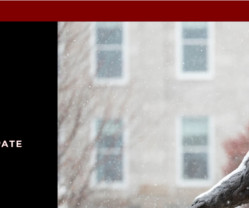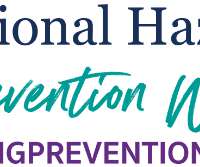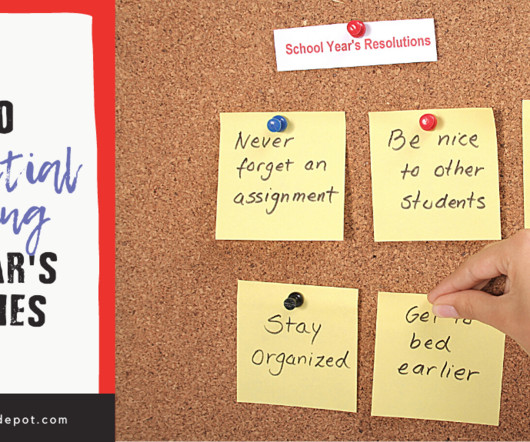Student Organization Engagement and Involvement
The Student Affairs Blog
OCTOBER 20, 2023
Dear Students: VCU remains mindful of the importance of the safety of all students who are a part of the VCU community and is committed to raising safety awareness whenever possible. We have significant concerns about the risk to health and safety of students who participate in Rose Club activities.




















Let's personalize your content